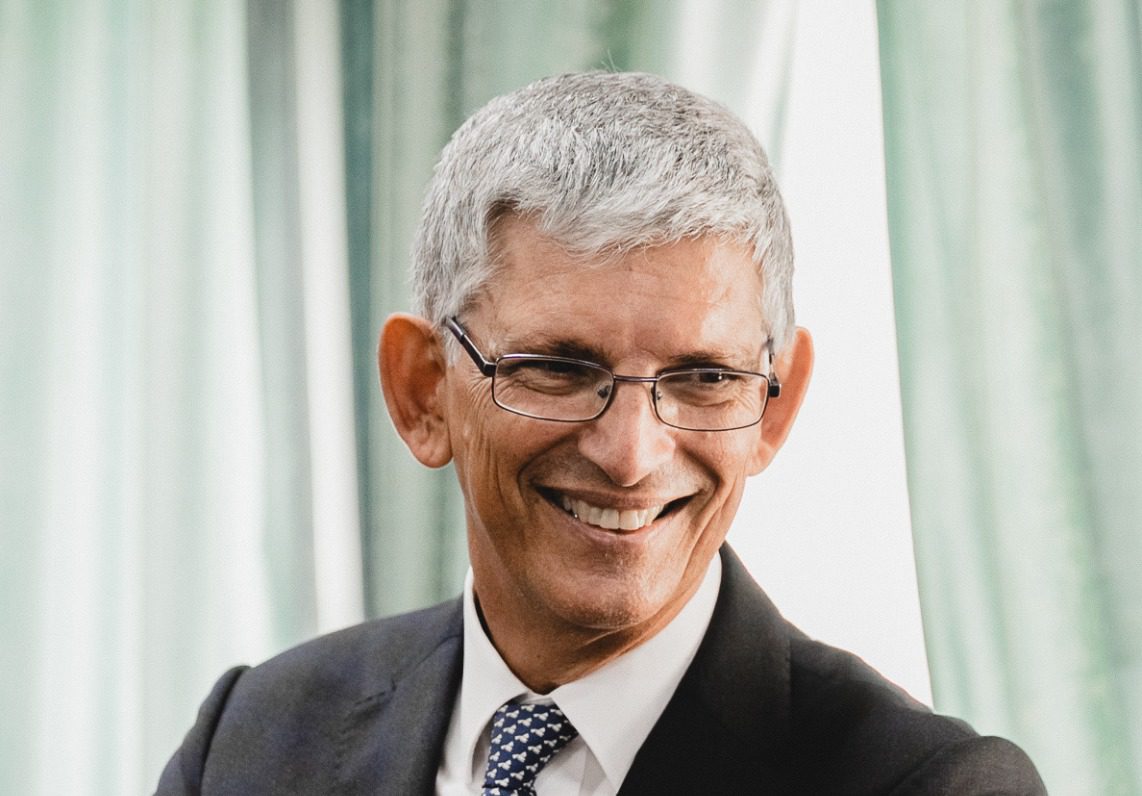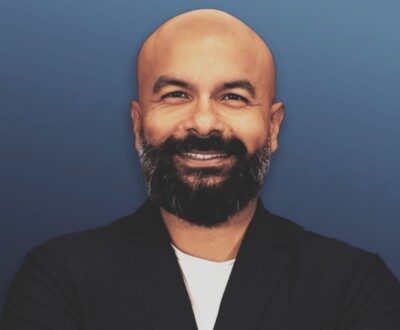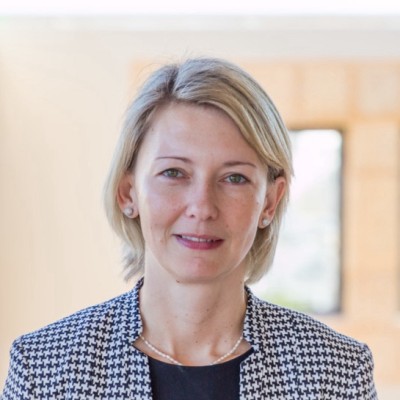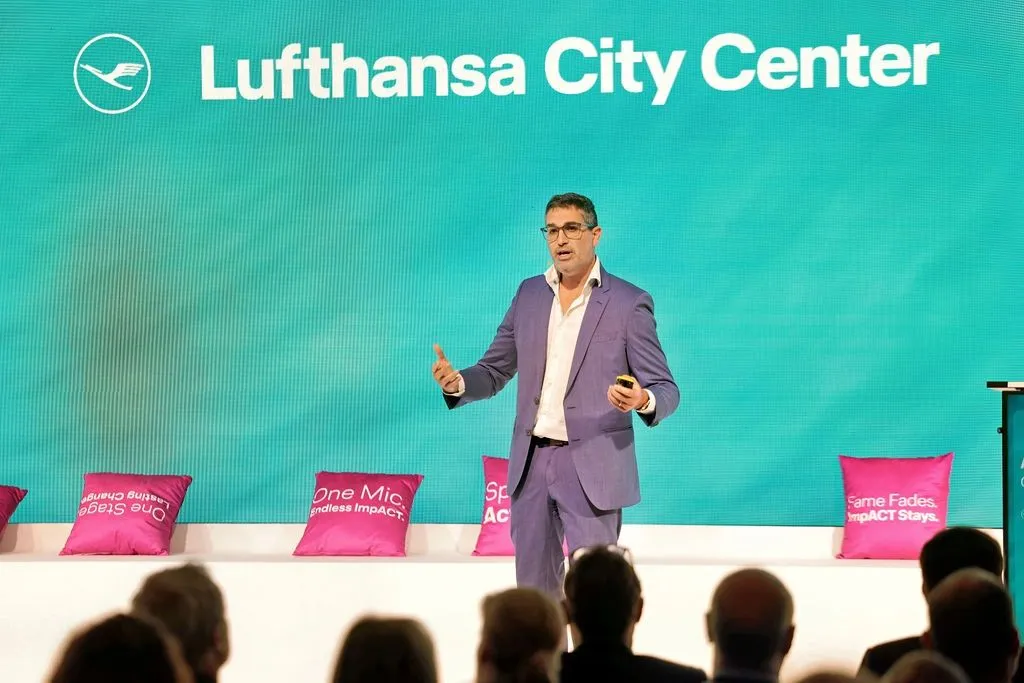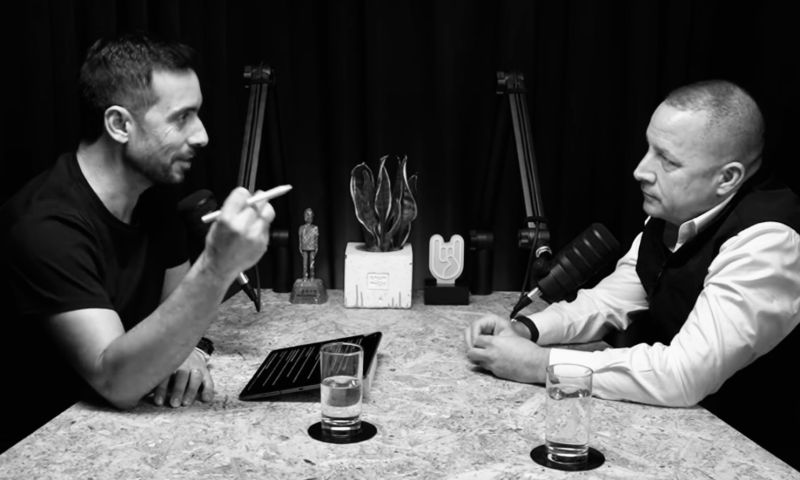Ganado Advocates Consultant Max Ganado has stressed that the anonymity presented by technology can result in the spread of misinformation that could potentially destroy businesses, owners, staff, and its products.
Dr Ganado, a lawyer with almost 40 years of experience practicing law, first touched on this subject in a social media post last month, where he was reflecting on Brandolini’s Law, also known as the Bulls**t Asymmetry Principle. The principle highlights the significant amount of energy required to refute and debunk misinformation when compared to the relative ease needed to create it in the first place.
Following this, MaltaCEOs.mt reached out to Dr Ganado to further explain the impact that this can have on businesses, especially given the rapid development of technology and the increasing dangers posed due to misinformation.
He remarked that it is often so easy to damage people’s reputation or happiness by speaking unkindly behind their back and denying them the chance to explain themselves. In terms of businesses, this effect is amplified further, as businesses are “rarely just one person”, and involve a number of people.
Dr Ganado pointed out that social media is available to everyone, and thus it can potentially be used with good intentions as well as bad ones. Social media has become a key part of businesses’ strategies, particularly in terms of “gathering market information, discovering innovation in their sector, finding suppliers, partners and advertising, as well as allowing operators the chance to demonstrate their products and skills”. This is especially crucial for smaller businesses and start-ups, as social media provides them with the same opportunities to reach as wide a range of customers as larger businesses.
“We are however increasingly faced with manipulators using social media to spread misinformation, attribute incorrect motives, actions or qualities to others and generally creating confusion about competitors, thus making it a devastating tool in some contexts,” he explained. This is not only the case in terms of power plays in politics or bullying in everyday life, but is also relevant in business, as it allows traders to “compete unfairly and dishonestly”. It is easy to exaggerate one’s offering and confuse others about the offerings of competitors.
“Technology allows for anonymity and very widespread distribution at the flick of a finger, so much more devastating than a wagging tongue or a whisper in the ear of the few people one comes across in normal daily interactions. This can destroy people’s happiness and health, and it can also destroy businesses by disseminating wrong or ambiguous information about the trader owning a business, management, staff, and its products,” Dr Ganado said.
He stated that on some occasions, dishonest individuals create hundreds of fake accounts sharing false information against a target business. Dr Ganado said that current laws “simply cannot deal with this”, given that social media allows for anonymity, repetition, and speed.
“They not only change the image of a business in the minds of recipients of the false messages, but demoralise the business leaders and their staff in the process. Few businesses understand what is happening when this tool is used against them and fewer know how to react,” he commented. Many businesses think lawyers can help, but Dr Ganado said that tools such as libel and slander can prove to be very weak remedies, and the police are “so inadequately resourced” that they cannot act effectively in these contexts. Finding the culprit is very difficult, and if they are overseas – since the internet can be used from anywhere in the world, even if directed at a business in a very small state, very far away – the victim then has to deal with different laws and courts in other countries, assuming they can even find the country where the action originates from.
“You cannot fight technology from behind a desk. Even a reply to the damaging message is no more than a drop to the torrent of hundreds of identical bits of misinformation,” Dr Ganado remarked.
He called for policymakers to find ways of controlling social media use, and also encouraged business leaders to read information security leader Peter Benson’s post on the subject in order to learn more about how to deal with the damaging use of social media involving a business. He also noted that there are a number of websites which provide good advice on how to deal with a damaging use of social media involving your business.
There have been many attempts to regulate technology over recent years, including the proposed EU Artificial Intelligence (AI) Act. However, given the rapid development of technology, it remains an area that is still mostly unregulated and very difficult to regulate given the nature of the internet.
Dr Ganado remarked that many hope that laws will come to their aid, yet this is simply a “dream for the future”, as many laws were designed centuries ago in a radically different context and new ideas are too slow to be implemented. He said that ideas that were presented during a Maltese legislative project he was involved in more than five years ago, focusing on innovative technologies, are now just “finding their way in EU legislation”, covering broader aspects.
Despite this, he still feels that there is “some hope”, as in the same way that technologies such as AI, allow for these abused tools to be designed, they can also create innovative software to defend and fight against social media abuse with “equally effective means”.
“We can maybe fight technology with technology, and AI gives us a lot of hope in this regard,” he said.
AI has the potential to recognise misinformation, hate mail and posts and also possibly design software to react to it or block it at the source. While he noted that this will be tackled in the future, individuals can start off by adjusting their behaviour to becoming more cautious in their actions and to fact-check certain material.
“Law, developed in a different world, cannot deal with the challenge. Morality cannot be relied upon. New reactions are needed. Regulating is a challenge, so maybe we can use technology itself to stop it working when it hurts others or to inspire wisdom once again and educate as many people as possible to use these wonderful tools only for the good of our neighbours, communities and nations,” Dr Ganado added.
Dr Ganado said that the first step in protecting businesses and individuals from misinformation is to invest time and money in “positive and innovative thinking”, utilising the solutions proposed with integrity as the priority.
“Let’s start doing something about it through trade organisations, teaming up with people who have a vision and energy, with lawyers and other professionals sharing such ideas and software developers with skills. Let’s do something to change the world from the dead end and destructive path other developers and irresponsible businesses have taken it down,” he added.
Featured Image:
Ganado Advocates Consultant Max Ganado / Ganado Advocates
Faisal Islam is the President of RegTech at Binderr
Faisal Islam's leadership will be instrumental as we continue helping organisations onboard businesses faster.
Chiara Hensel Ellul is Malta Mariott Resort & Spa’s new Hotel Manager
Chiara Hensel Ellul has worked at the hotel for over a decade.
Why corporate-funded travel is a different ball game for Malta – Alan Arrigo
When Malta hosted the general assembly of Lufthansa City Center, the impact went beyond immediate delegate spending.
World Radio Day: 10 business-forward podcasts to have in your rotation
A mix of Maltese and international podcasts we think are worth your time.


